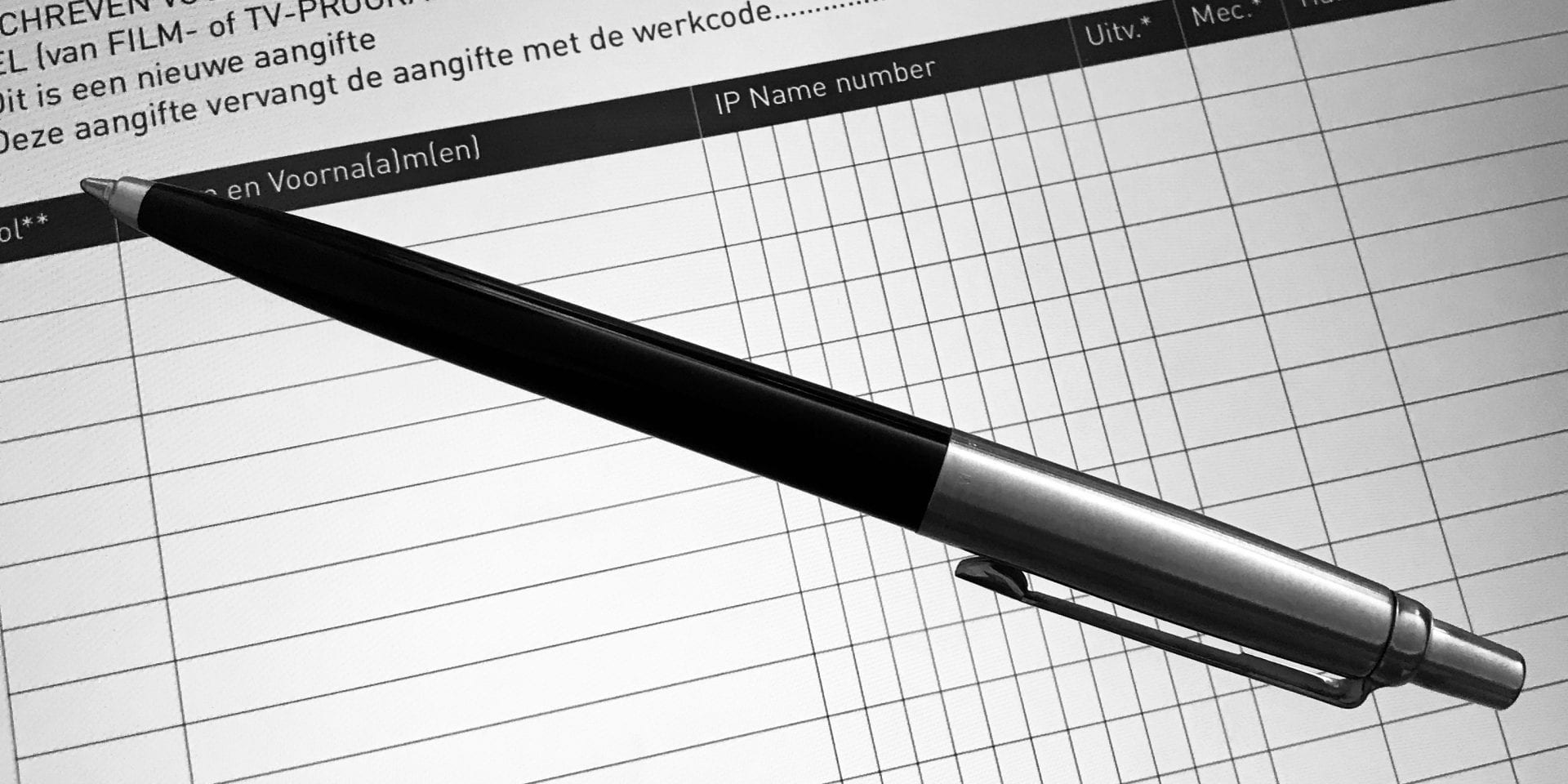Copyright is not a bargaining chip
The following scenario might sound familiar to you: you record music in the studio and for lack of budget your record producer agrees to take a share in your copyrights instead of cash on the table. Or: the reputed producer you knock on the door will only accept the assignment if he’s allowed to co-author the work. Such “gifts” or concessions, however, are less innocent than they seem, and can later turn sour. This may be apparent from the consequences that the law gives to (joint) authorship.
(Co-)authorship in the Belgian author’s right law
Article 165, § 1 of the Belgian Economic Law Code (“ELC”) stipulates the following:
“Only the author of a literary or artistic work shall have the right to reproduce it or cause to reproduce it, in whole or in part, in any form or by any means, directly or indirectly, temporarily or permanently.
That right shall include, inter alia, the exclusive right to authorise adaptation or translation of the work. (…)”
Furthermore, Article XI.168 of the same Code states:
“Where copyright is undivided (…) its exercise shall be governed by agreement. In the absence of an agreement, none of the authors may exercise the right separately, except by court decision in the event of disagreement.
However, each author remains free, in his name and without the intervention of the other authors, to take legal action for copyright infringement and to claim damages for his part.
The court may at any time make the authorisation to publish the work subject to such measures as it deems appropriate; it may decide, at the request of the author opposing the publication, that he will not share in the costs and benefits of the exploitation or that his name will not appear on the work”.
Finally, Article XI.169 WER provides:
“When a work has been created by two or more persons together, whereby it can be clearly established which is the individual contribution of each of the authors, the authors may not collaborate with anyone else in the context of this work, unless otherwise provided.
However, they shall have the right to exploit their contribution separately provided that such exploitation does not harm the joint work”.
As you see: the law grants a lot of exclusive rights to an author. Only the author can allow changes to be made to his work. If several authors have written a work together – or at least claim to have done so – then one author cannot simply make changes to the collective work without the permission of the other author(s). This can lead to painful situations in case the authors do not (or no longer) get along. In such a case, one of the authors may block the other author(s) from altering the work. This is even more distressing when the work is not really a co-write, and the person who obstructs in reality is not even a co-author.
Think twice…
The situation outlined above can often be avoided. In the case of a (real) co-write a written agreement is a must if all authors want clarity about what can and cannot be done. If you are dealing with a producer or session musician who is claiming a part of the copyright, think carefully before going into that! Only if they have actually and sufficiently tangible co-written lyrics or music, is co-authorship legitimized.
Grey areas
To what extent does a creative performance touch on the very essence of the work itself? There are often situations that are not clear-cut. When are interventions of a purely technical nature or can they still be labelled as a performance of a work (e.g. programming of a drum computer) or even creation? For some years now many neighbouring rights collecting societies have required, in order to clarify confusion between (unprotected) technical actions and (protected) performances, that producers indicate which instrument they are playing in order to qualify for rights as a performer. When checking right declaration forms, it is of course impossible to know to what extent they correspond to reality or whether they were filled in under pressure. In principle, failure to fill in a legally relevant document truthfully – such as a report – can even be sanctioned under criminal law.
Conclusion
If record producers or session musicians claim a share of authorship on your work, think carefully about whether this is justified. Being an author is more than just a signature on a paper; it is of great moral importance (‘right to paternity’) and also has financial consequences. Copyright may not simply be enforced as a means of payment by contributors who have not actually made a textual or compositional contribution to the work.



